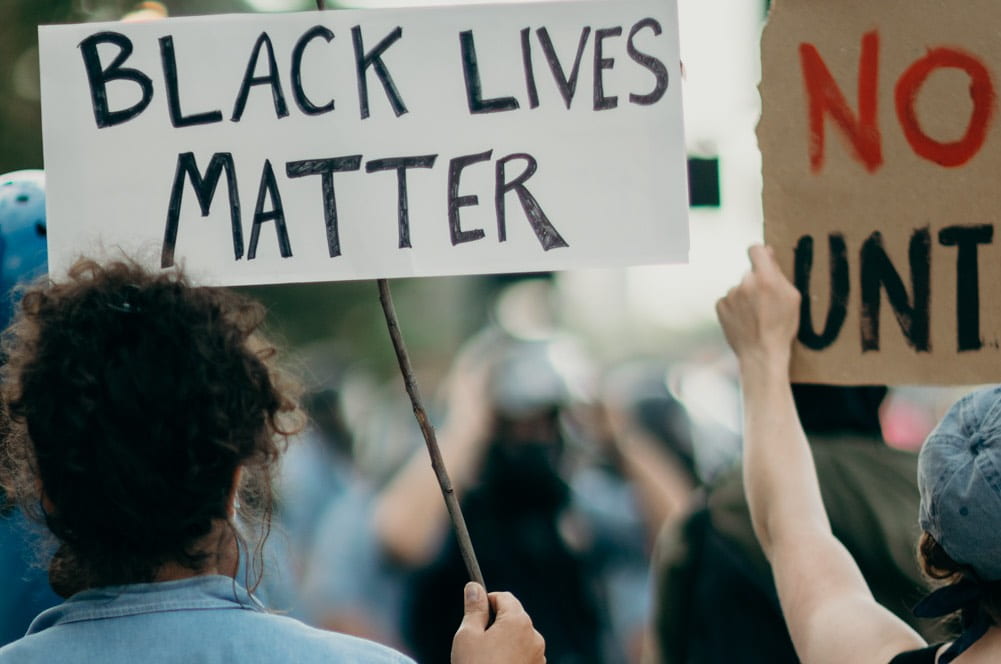Black Lives Matter in narrative too: we should look to English not just History in schools
By Blog Editor, IOE Digital, on 23 June 2020
23 June 2020
In the Victorian novel, The Sign of Four by Arthur Conan Doyle, the character Tonga – a native of the then colonised Andaman Islands, in the Bay of Bengal – is portrayed as the embodiment of evil. A murderous savage who shows unwavering devotion to his white quasi-master, Tonga’s character makes a good conduit for pupils to learn about British colonialism and racism.
The description of Tonga as having ‘features so deeply marked with bestiality and cruelty’ offers insight into Britain’s historical relationship with race. Yet, it could also provide a learning opportunity to reckon with racial discriminationand the way the issue of race is evolving with the Black Lives Matter movement now. Pupils could be asked to reflect on race as they experience it, to challenge the Whiteness default setting in the books they study and the curriculum as it stands. It would be amiss to explore Tonga solely as a character representing a moment in history, an attitude of the past, and nothing more.
One teacher I interviewed for my research into how Prevent policy and fundamental British values manifest in the English curriculum, felt similarly. They described how it is left to a teacher’s discretion whether they emphasise the colonial context of a novel over other themes, and even more so if they choose to draw a line from that (more…)
 Close
Close



